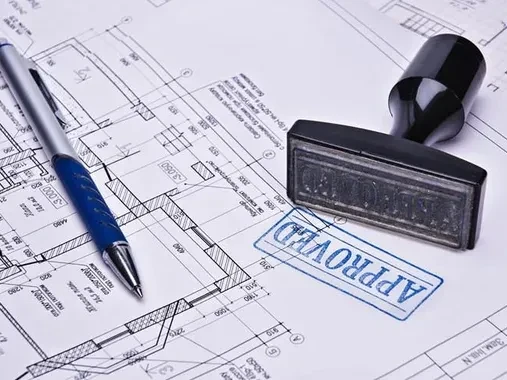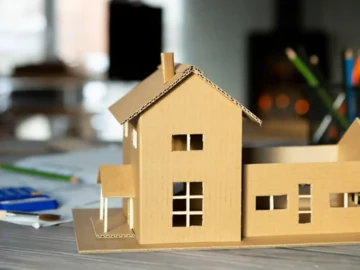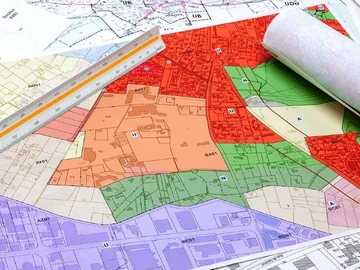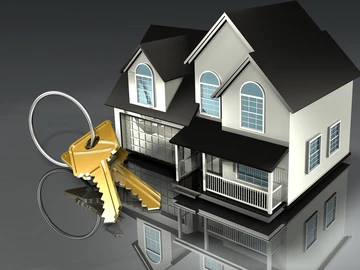Your Essential Guide to Avoid Delays and Legal Issues When Developing Property
Building your dream home or developing a property in Zimbabwe requires more than just buying land and breaking ground. Before construction begins, you must secure the necessary building permits and council approvals critical steps that protect your investment and ensure compliance with local laws.
According to Harare City Council data, over 30% of construction projects face delays or fines due to missing or incomplete permits. Understanding the process upfront can save you time, money, and stress.
1. What Are Building Permits and Why Are They Important?
A building permit is an official approval issued by your local council or municipality authorizing you to start construction or renovation. It confirms that your plans comply with:
- Local zoning laws
- Building codes and safety standards
- Environmental regulations
Without a permit, your project may be halted, and you could face legal penalties.
2. When Do You Need a Building Permit?
You generally need a permit for:
- New constructions (houses, offices, commercial buildings)
- Major renovations or extensions
- Changing the use of a building (e.g., converting a house into flats)
- Installing certain structures (fences, pools, septic tanks)
Minor repairs or cosmetic changes usually don’t require a permit, but always check with your local council.
3. How to Apply for a Building Permit in Zimbabwe
Step-by-step process:
- Prepare your building plans
- Drawings must be done by a registered architect or engineer
- Include site plans, elevations, and structural details
- Drawings must be done by a registered architect or engineer
- Submit your application to the Local Authority’s Building Control Department
- Attach plans, proof of land ownership, and necessary forms
- Attach plans, proof of land ownership, and necessary forms
- Pay the application fees (varies by municipality and project size)
- Await inspection and approval
- Council officers will review plans for compliance
- May request amendments or clarifications
- Council officers will review plans for compliance
- Receive your permit and start construction
4. Common Challenges and Tips
- Delays due to incomplete plans: Work with experienced architects familiar with local regulations to ensure all requirements are met upfront.
- Unexpected additional fees: Clarify the full fee structure with the council before starting your project to avoid surprises.
- Disputes over property boundaries: Conduct a professional land survey before submission to clearly demarcate your property lines.
- Environmental restrictions: Ensure compliance by conducting environmental impact assessments (EIAs) where required by law.
5. Council Approvals Beyond Building Permits
Other approvals you might need include:
- Zoning clearance (confirming the land use is permitted)
- Change of Use permission if repurposing property
- Environmental permits for sensitive areas
- Utility connection approvals (water, electricity)
6. What Happens If You Build Without a Permit?
Building without the required permit can lead to:
- Stop-work orders issued by the council
- Fines or penalties (which can be substantial)
- Requirement to demolish unauthorized structures
- Difficulty in selling or insuring the property later
7. Diaspora and Investor Advice
If you’re buying property remotely or investing:
- Always check with your local council about required permits
- Engage a local project manager or agent to oversee approvals
- Request copies of all permits before transferring funds or starting construction
Final Thoughts
Building permits and council approvals aren’t just bureaucratic hurdles they are safeguards that protect you, your property, and your neighbours. Taking time to secure the right approvals upfront ensures your construction proceeds smoothly and legally.
Start by browsing verified properties on Property.co.zw and consulting with registered architects and agents who understand Zimbabwe’s building regulations.
 Continue with Facebook
Continue with Facebook
 Continue with Email
Continue with Email














